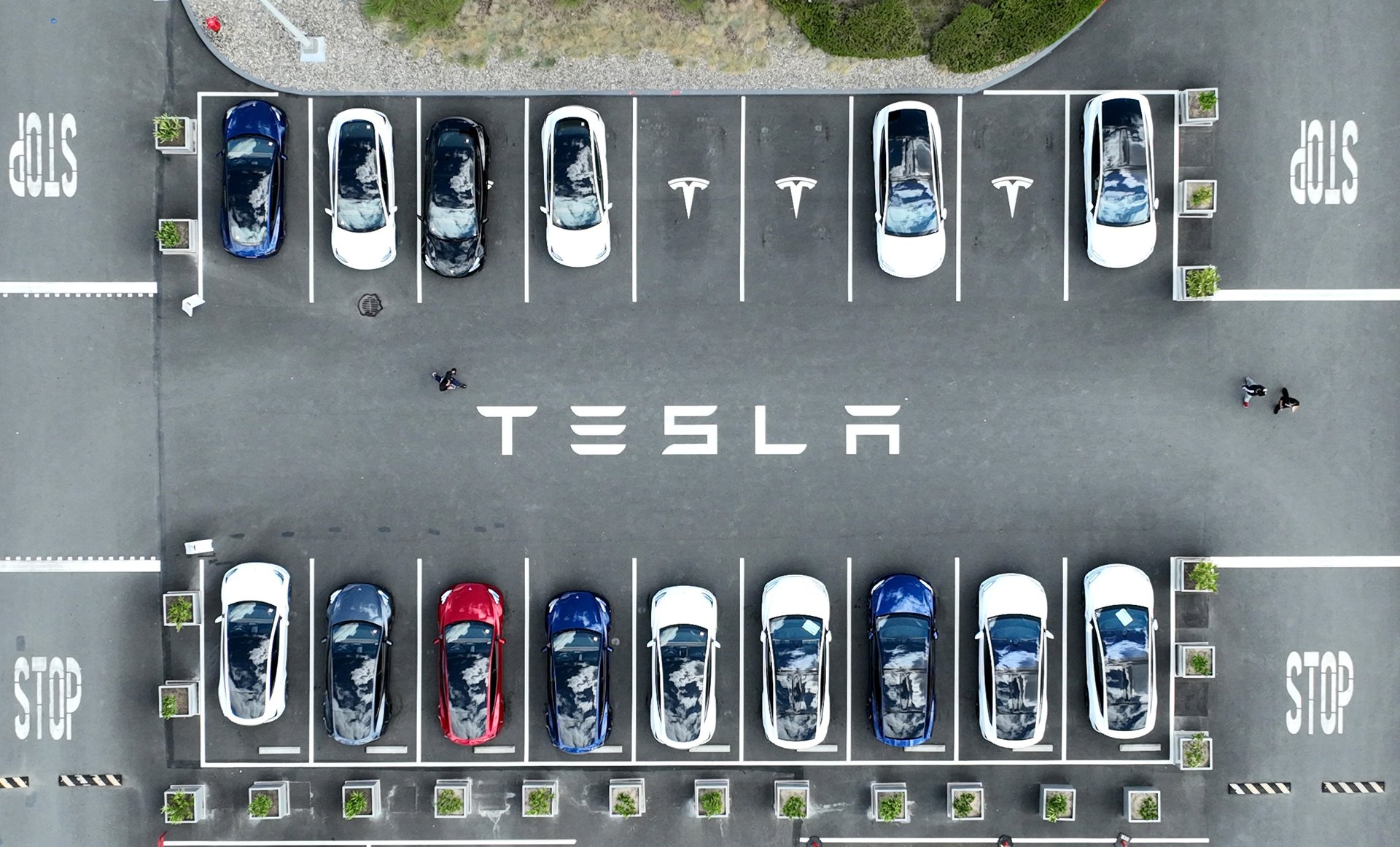Tesla made people return leased cars for its robotaxis — then resold them instead
The tactic was reportedly an easy way to "jack up the price" of used cars

Tesla (TSLA) has been caught misleading its customers and investors, Reuters (TRI) reported on Thursday.
Suggested Reading
The electric vehicle maker had previously prohibited customers leasing its Model 3 sedans from purchasing the vehicles at lease-end. The cars were needed for an upcoming fleet of robotaxis, Tesla told customers.
Related Content
“You don’t have the option of buying,” Chief Executive Elon Musk said at an investor gathering in April 2019, “we want them back.” “Next year, for sure,” he continued, “we’ll have over 1 million robotaxis on the road.”
Similarly, on Tesla’s website, a description of the leasing scheme from 2019 reads: “Customers who choose leasing over owning will not have the option to purchase their car at the end of the lease, because with full autonomy coming in the future via an over-the-air software update, we plan to use those vehicles in the Tesla ride-hailing network.”
The policy — which had expanded to all models by 2022 — was eventually reversed in November.
However, none of the company’s promises would prove to be true — the robotaxis never arrived.
Tesla instead flipped many of the previously leased cars to new buyers, sources told Reuters. The cars’ features were updated via software upgrades, and then sold to new customers, who would pay thousands more than those leasing the vehicles.
This was an easy way to “jack up the price” of used cars, one source said.
Tesla has leased more than 314,000 vehicles to customers, or 4.4% of its total deliveries, company filings show. Those lessees were denied the industry-standard option of buying.
Moreover, by justifying its no-buy policy with robotaxi supply, Tesla signaled to investors that the company was on the cusp of fully autonomous driving technology. That belief provided a boost to Tesla stock, which has risen more than 1,500% since 2019, making it the world’s most valuable automaker.
Despite these consequences, and being at odds with Musk’s public comments and Tesla’s official guidance, the tactic is legal, Reuters reported.